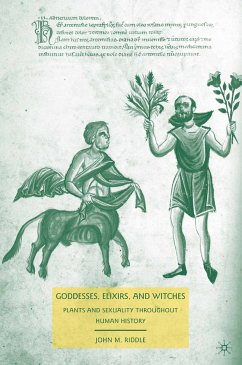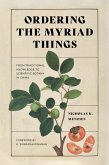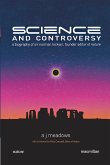From the earliest times, the medicinal properties of certain herbs were connected with deities, particularly goddesses. Only now with modern scientific research can we begin to understand the basisand rationality that these divine connections had and, being preserved in myths and religious stories, they continued to have a significant impact through the present day. Riddle argues that the pomegranate, mandrake, artemisia, and chaste tree plants substantially altered thedevelopment of medicine and fertility treatments.The herbs, once sacred to Inanna, Aphrodite, Demeter, Artemis, and Hermes, eventually came to be associated with darker forces, representing theinstruments of demons and witches. Riddle's ground-breaking work highlights the important medicinalhistory thatwas lost and argues for itsrightful place as one of the predecessors
Dieser Download kann aus rechtlichen Gründen nur mit Rechnungsadresse in A, B, BG, CY, CZ, D, DK, EW, E, FIN, F, GR, HR, H, IRL, I, LT, L, LR, M, NL, PL, P, R, S, SLO, SK ausgeliefert werden.









